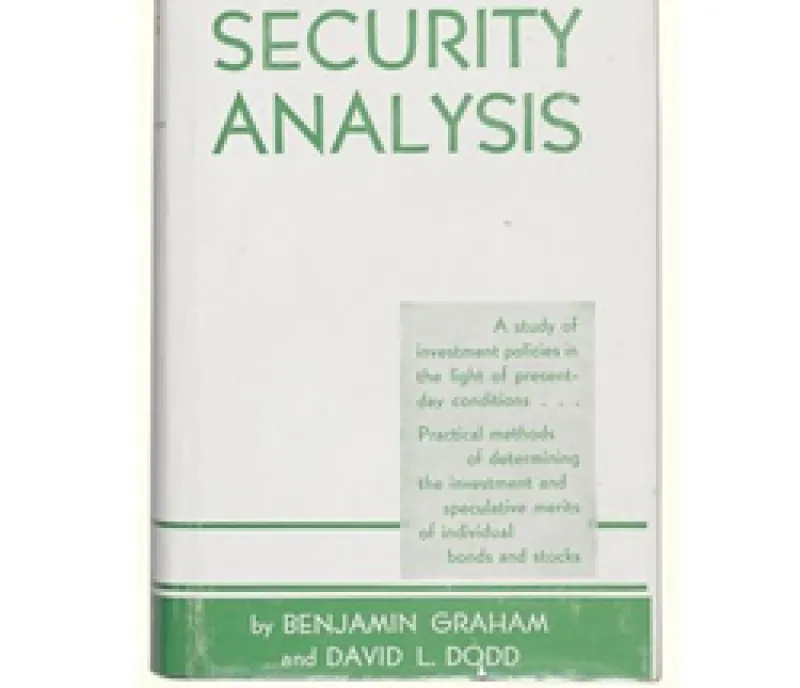
The Guttenberg Bible of Wall Street Goes To Auction
A rare second edition of 'Security Analysis, Principles and Technique,' which was written by Columbia professor Benjamin Graham and protégé David Dodd in 1934, is now under auction at Sotheby’s for estimated $4,000 to $5,000.
William H Inman
May 27, 2011


